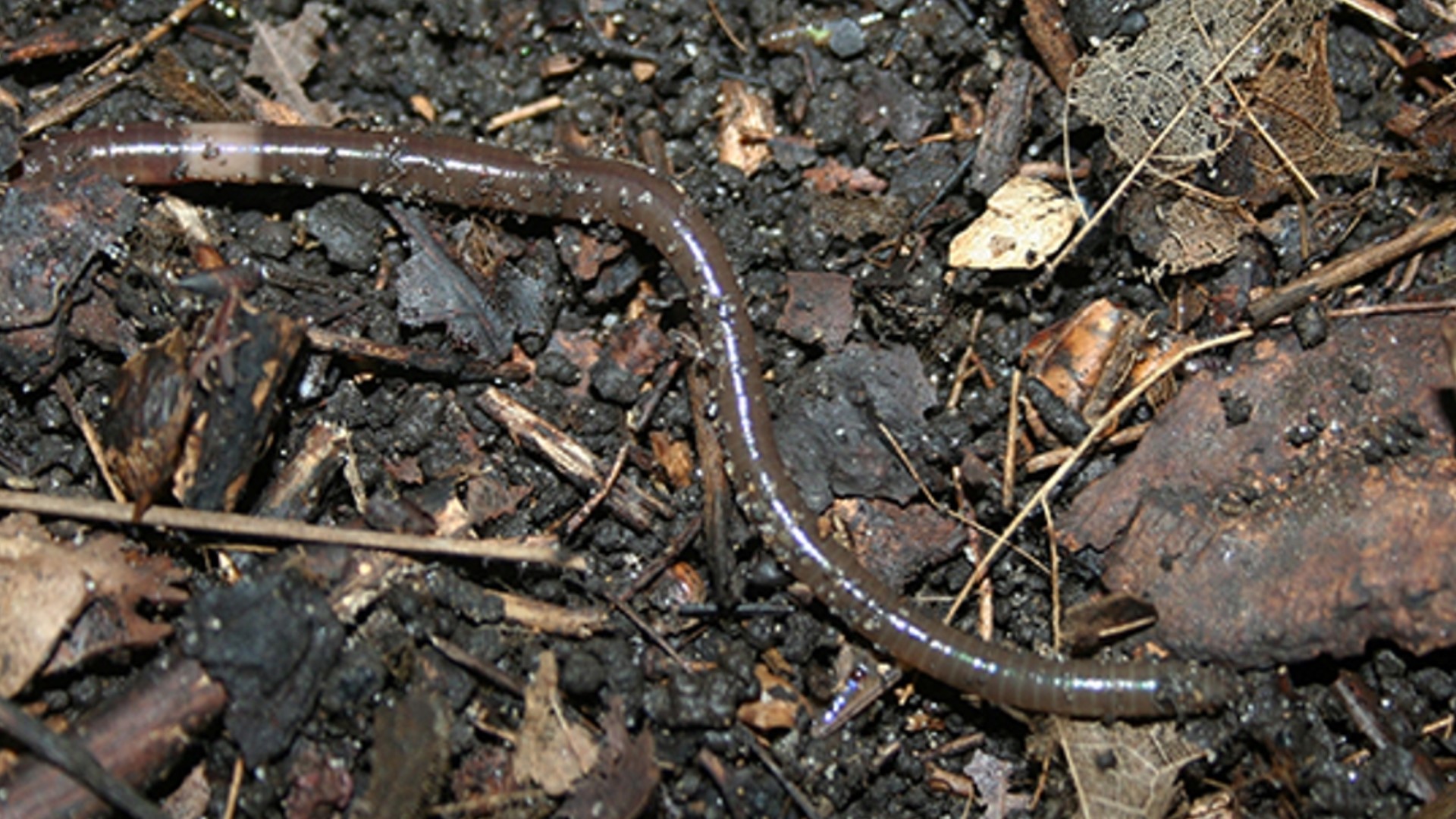LITTLE ROCK, Ark. — Earthworms are a common species found everywhere— including in the Natural State.
“We have our native worms,” said Vic Ford with the University of Arkansas Systems Division of Agriculture.
Ford explained that these tiny creatures don’t cause harm. Instead, they’re good for the earth.
“It makes a perfect collocation for the roots to grow," Ford said. "[It] lets water infiltrate down and kind of holds the world together."
However, the jumping worm is a species of earthworm that isn't as good and is considered invasive.
“They actually move very quickly," Ford said. "They move in a serpentine manner like a snake... They have some good purpose, but they're a problem ecologically."
Ford said that jumping worms have been around for years, but only recently gained attention in other parts of the country.
Experts are now keeping a close eye on them.
“It goes up to the surface and starts breaking down all this organic matter," Ford said. "If it can, it'll try to break down the roots. It starts pulling out from the roots... what it leaves behind looks like coffee grinds."
According to Ford, jumping worms have been spotted in Arkansas, but they've been worse of a problem in other states.
“We have a very fast decomposition rate, so we don't notice it as much," Ford said. "[For example] in Wisconsin, their cooler air doesn't break down as fast."
But there is a chance for the jumping worms to have a negative impact differently.
“I'm more concerned of it creating erosion,” Ford said. “We're trying to figure out ways around them, how to live with them and minimize their impact."
Ford said jumping worms can be used as fishing bait, but suggested not to keep the worms. Instead, people should prevent the worms from spreading by feeding the worms to the fish.

